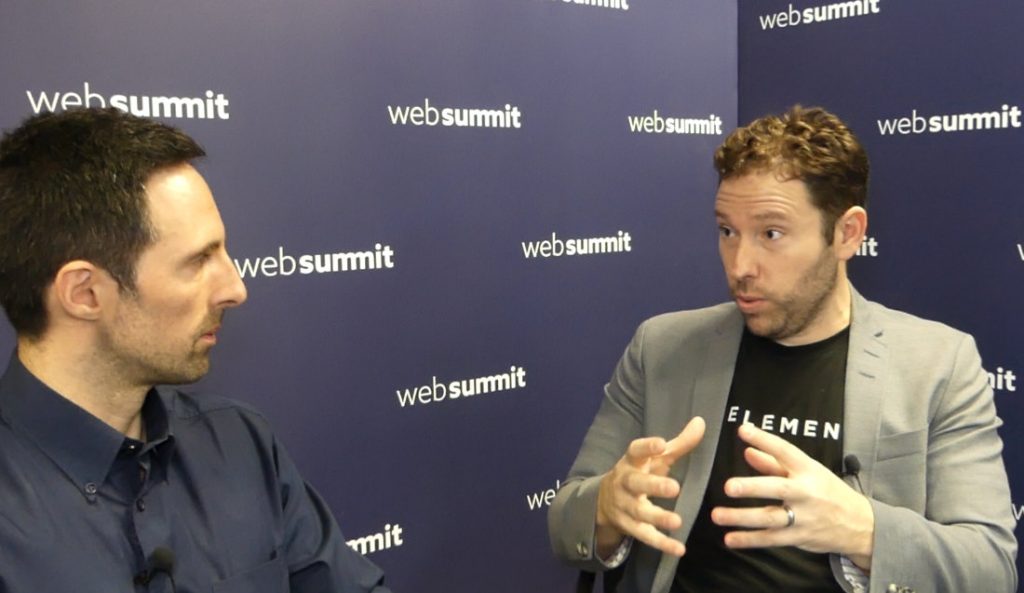Emerging technology is a word very much thrown around these days. It is especially as most of the business sector look to not only cut their expenditure but also to improve the quality of their offering. Artificial Intelligence (AI) is a leading emerging technology whose significance is growing by the day. A lot of companies are evaluating ways of leveraging the technology if not just thinking about it.
Integrating algorithms into the business model
Interestingly, there is nowhere AI seems crucial as in the entrepreneurial sector. Unlike established businesses, small businesses, which entrepreneurs run, lack stable economies of scale. It is to say that businesses are not established to deal with certain shocks, especially from the external environment. Further, they do not have the financial muscle to sufficiently deal with certain aspects of business like hiring the best talent available.
In this light, it is imperative that the entrepreneurs learn to improvise and also to make technology work for them. AI is doing just that! A lot of entrepreneurs are trying to figure out ways of integrating algorithms into their business model. Notably, this not only helps the small business maintain a lean staff but also to maximize output.
AI, alongside other emerging technological concepts like Machine Learning and Deep Learning, is defining most of the world's business environment. However, it is clear that the new concepts are still a little bit technical for business owners who would like a go at it. In spite of that, there is an evident thirst for know-how and how to make the technology work for businesses.
"Entrepreneurs should have clear priorities and a clear framework on how the technology will be helpful."
Vinita Bansal, social entrepreneur at Speaker City,
Clarity of purpose will unlock the true potential of AI
Vinita Bansal is a social entrepreneur who runs Speaker City, a Public Speaking startup in India. Bansal is among the new age entrepreneurs that are transforming the business environment, not just in India but globally. She finds it a blessing that AI came up at a time when she could make it work for her. Nonetheless, Bansal cautions that AI is beneficial if it aligns with your business model.
Regarding entrepreneurs who would like to integrate the new technology into their businesses, Bansal says, "Entrepreneurs should have clear priorities and a clear framework on how the technology will be helpful." In this sense, business owners must be clear about the outcomes they desire from their business as a result of integrating AI.
"AI has great potential in terms of increasing the productivity of businesses, especially in the entrepreneurial sense," she says. "However, knowing how best to deploy the technology will determine if it delivers the potential optimally. Basically, entrepreneurs should first figure out how the technology will grasp the concepts they want to implement."
Mitigating job displacement
Interestingly, the intrigue does not end there. Evaluating the potential of the emerging technology points us in a direction that is coming up as a vital basis for debate. It is apparent that AI boosts efficiency, productivity and hence, it helps businesses substantially cut operational costs. However, it is also true that AI takes up more and more jobs that would otherwise keep the world's workforce employed.
The manufacturing industry is at the center of this debate, given the number of people that depend on the jobs for livelihood. Tripti Gupta owns AADYA Fashions, a fashion house that sources materials and manufactures clothes in a variety of designs. Gupta unequivocally says that AI will revolutionize the labor market. For manufacturers like herself, it will be untenable to settle for human plant operators that are expensive to maintain and are prone to errors. Instead, she is more likely to go for intelligent machines that can accomplish her objectives fast, cheaply and with perfection.
"The business sector should begin looking for ways to mitigate job displacement as a result of the adoption of AI before it becomes a menace and disrupts the business environment," Gupta concludes.
Jean-Francois Gagné, CEO at the AI-based software company Element AI, told Via News that in what AI is concerned, "the job displacement topic is a fair one." In a five to ten-year time span, we can expect "AI taking on more the responsibility on regular mundane tasks and even some cognitive tasks," Gagné concludes.

As for businesses wanting to implement AI capabilities, Jean-Francois Gagné, explains that "the first thing to do is have a clear idea of the objective. The second step is understanding how to get an AI system to learn about the context and the signal leading to the desired outcome."

